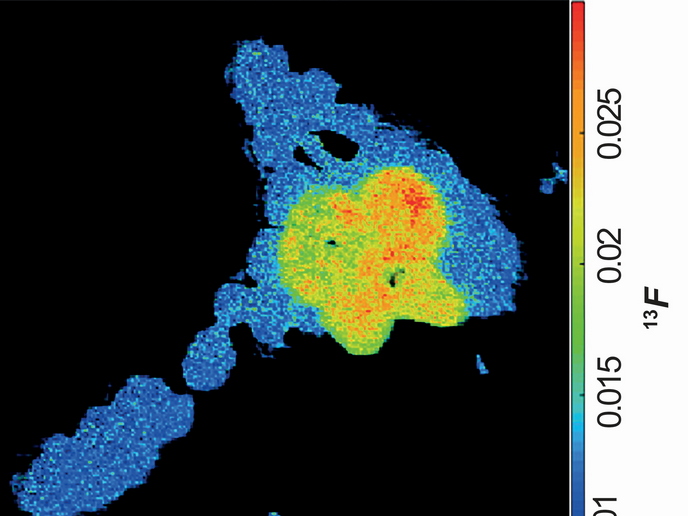Better mining policies can help Andean nations
The mining and hydrocarbon industries are crucial for buoying the economy of Bolivia, Colombia and Peru. Streamlining the related taxation and distribution policy regiments could improve the livelihood of citizens and Andean economies. This was the aim of the EU-funded EID project (Extractive industries and local development: A comparative study on the influence of tax and redistribution politics in three Andean countries). Looking at the influence of institutional settings on the capacity of extractive industries to promote socioeconomic development, the project looked at how relevant taxation and distribution policy regimens for mining and hydrocarbons are developed. It examined current systems of redistribution and development opportunities within extractive industries. To achieve its aims, EID conducted a comparison of taxation and distribution policies for hard rock mining and hydrocarbons, looking at the developments brought about in each country. Specifically, it studied taxation and revenue distribution regimes, influence on the capacity of the state to promote pro-poor policies and how these policies influence development in extraction areas. Focusing not only on the content of the policies but also on the process under which they are designed, the project conducted extensive field research at national and regional levels. This involved interviews with politicians, businesspeople and social leaders linked to reforming taxation and redistribution policies in the sector, as well as examining uneven development opportunities. Among its key findings, EID found that taxation policies depend on how the economic elite is linked to the sector. It also found that governments extract proportionally more fiscal rents from hydrocarbons than from mining. Other findings are related to policies on redistribution of fiscal revenues, relationship between living conditions and fiscal transfers, and the controversial role of mining and oil companies in their territories. The project team organised workshops in each of the Andean nations to unveil their conclusions, in addition to presenting the outcomes through conferences in Europe and the Americas. All the key findings were published in articles, journals, book chapters and reports.







